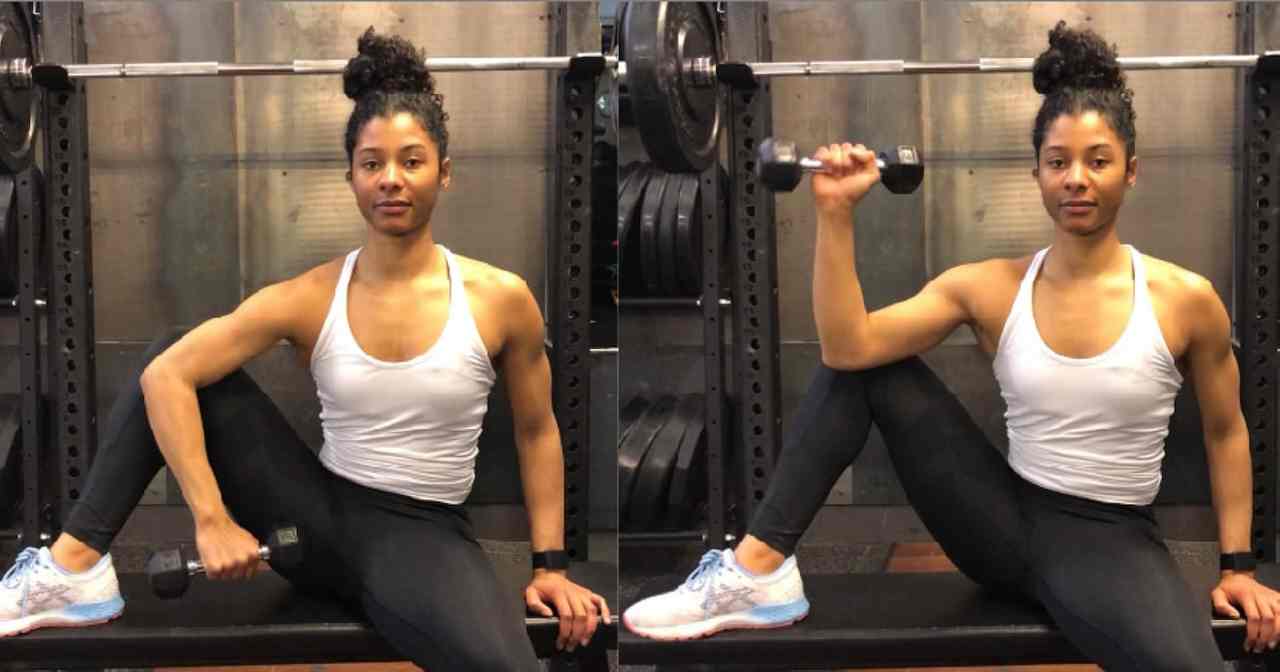
When you think of weight loss and what you have to do in the workout department to lose weight, cardio might be the first thing that pops into your mind. Cardio can help you burn fat (but it may not be your best option) and, as a result, lose weight, but sometimes the exact opposite may happen.
If you have been running to promote weight loss but are gaining weight instead, Rondel King, MS, CSCS, an exercise physiologist at NYU Langone’s Sports Performance Centre in New York City, has an explanation.
Why You’re Gaining Weight From Cardio
“If you are overtraining, you’re doing an excessive amount of cardio, and you’re putting an excessive amount of stress on your body, then it can elicit a stress response. As a result, that can lead to weight gain,” Rondel told POPSUGAR. The “no days off mantra” and two-a-days Monday through Saturday may do your body more harm than good.
According to Rondel, the telltale signs that you’re overtraining are disruptions in your sleep patterns, disruptions in your energy levels, a decrease in performance, and constantly getting sick. Losing out on a few hours of sleep, feeling groggy throughout your day, and a sniffle here and there may not seem bad, but they have a negative impact on your overall health and your weight.
When your body is under stress, it will hold onto adipose tissue, also known as fat, Rondel explained. Essentially, this is similar to “fail-safe mode,” he said, because your body is using this mechanism, holding onto fat tissue, to conserve energy and protect itself from future stress. Fortunately, being overtrained isn’t permanent, and there are ways to prevent and reverse it.
How to Prevent Overtraining
There’s nothing wrong with working out, but you’ve got to be smart about your training plan. Train hard but train smart, and give your body time to recover from the metabolic stress you’re putting it through. If you are feeling overtrained — tired, groggy, poor performance, and sick — the best thing you can do is rest and “implement recovery strategies to get back to balance,” Rondel said.
This means icing, stretching, foam rolling, getting massages, and all the other methods that often get overlooked. We also recommend adding yoga and rest days into your workout routine. Here’s a great yoga flow for weightlifters. Remember, there’s nothing wrong with taking a day to chill out, catch up on your favourite TV shows, and do whatever else makes you happy.
The Best Diet For Weight Loss
Allowing your body to rest and recover is important for weight loss, and so is your nutrition. We don’t want to nag, but it’s important to remind you that regardless of how you train, you’ve got to eat quality and nutritious foods to achieve the results you’re after. We aren’t vouching for any particular diet, but most experts agree the best diet for weight loss is one that you’re willing to follow long-term. If you’re someone who loves numbers and tracking things with apps and fancy planners, we recommend following this expert’s advice to figure out your macronutrient profile for weight loss.
Cardio, specifically overtraining, may be the culprit behind your weight gain, but it could also be what you’re consuming. Take some time to reevaluate your workout routine, rest, and make sure you’re eating foods that will fuel your goals!











